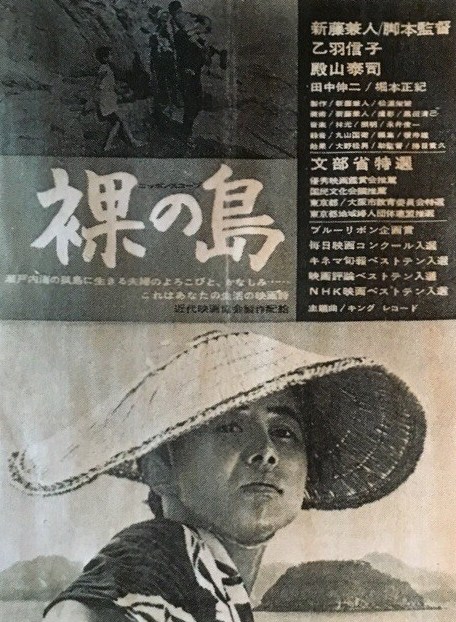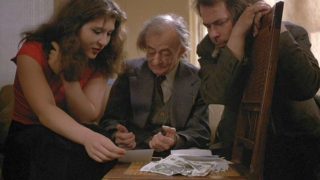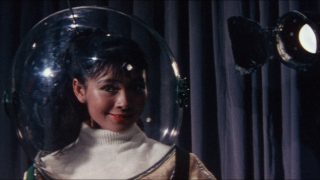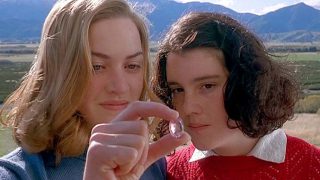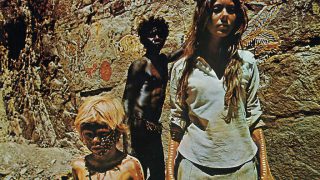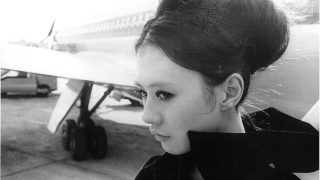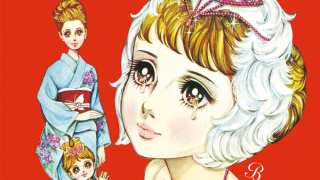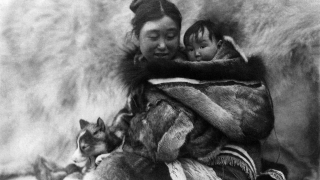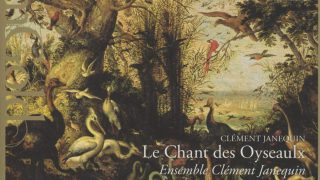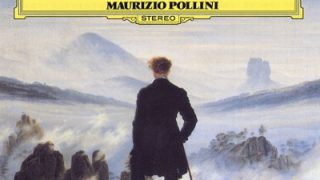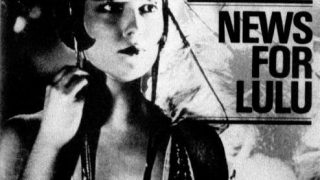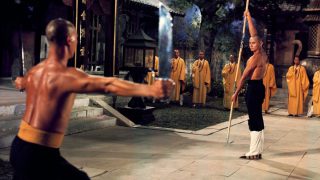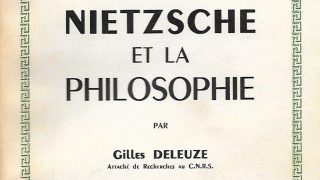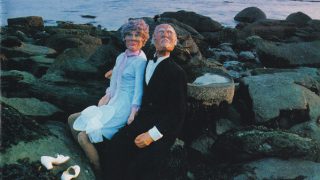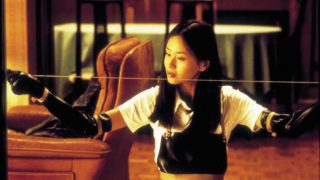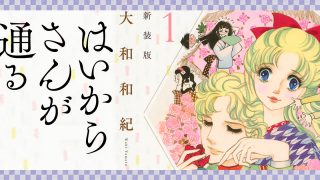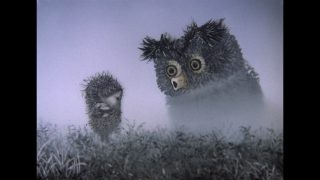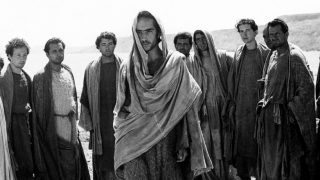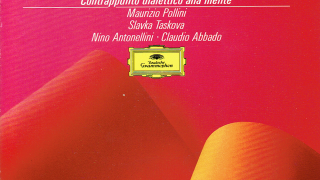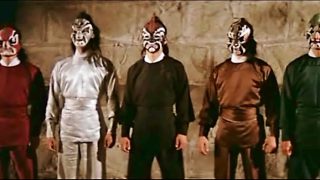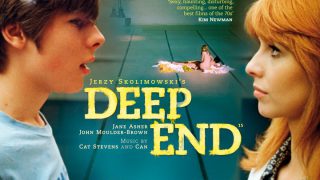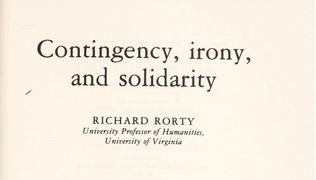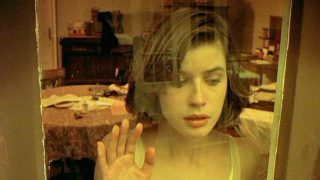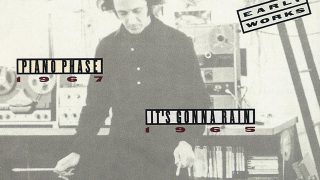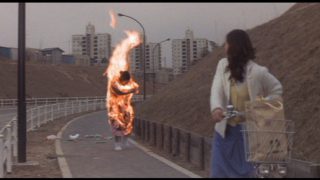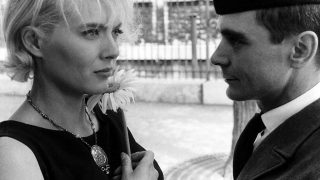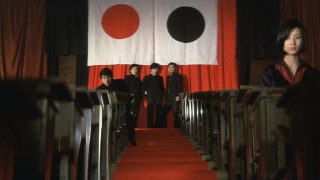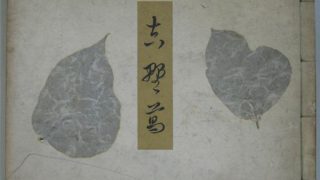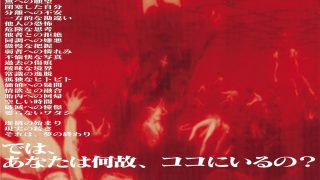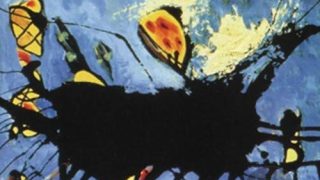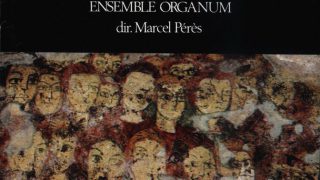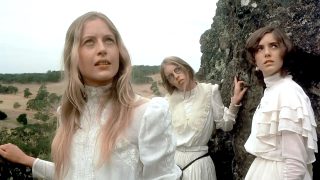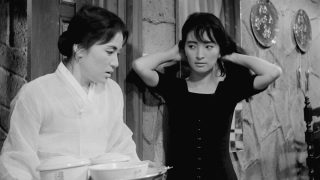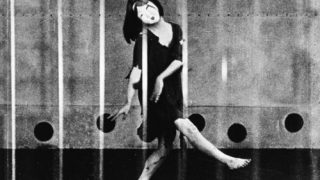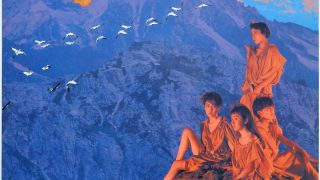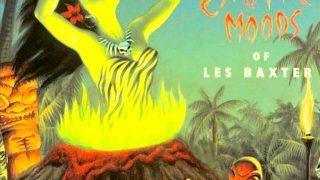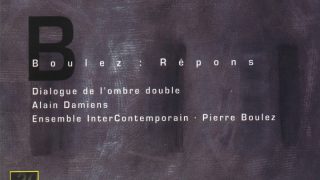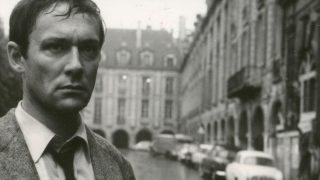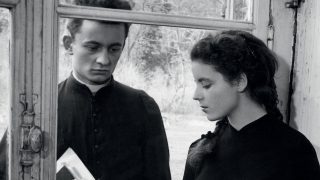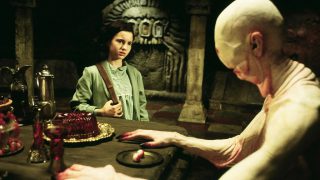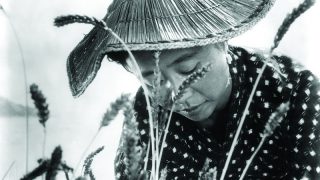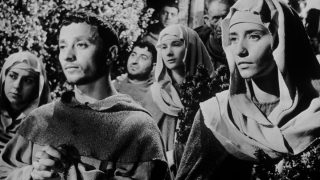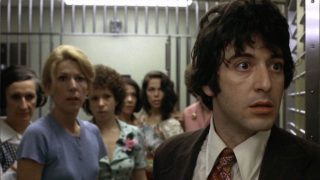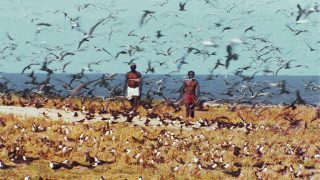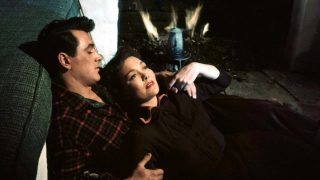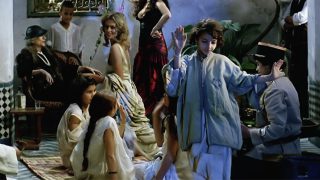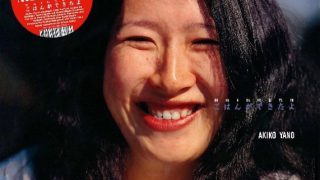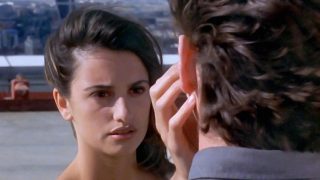Overview
“The Naked Island” is a 1960 Japanese experimental film that depicts the life of a family living in a remote island without dialogue.
Written and directed by Kaneto Shindō, a pioneer of Japanese independent film, who is known for his ambitious works.
Black & white. CinemaScope. 96 minutes.
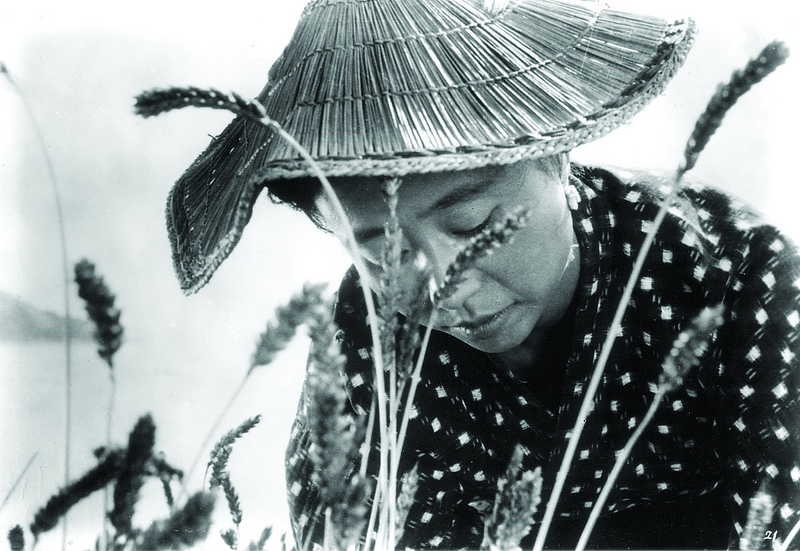
Plot
A family of four — husband Senta (Taiji Tonoyama), wife Toyo (Nobuko Otowa), 8-year-old son Taro, and 6-year-old son Jiro — live on a small island in the Seto Inland Sea.
The island has no electricity or running water. They are the island’s only occupants. They live in a cottage with a roof of thatch on the top of the island, growing wheat and sweet potatoes in their terraced fields.
Senta and Toyo’s daily routine is to carry water from the neighbouring island to their island. They row a boat to the neighboring island, put some water in pails, and carry water on a carrying pole to the top of their island every day. Toyo also takes Taro by boat to and from an elementary school in the neighbouring island.
Without any explanation for why they keep doing work like Sisyphean labor in Greek mythology and living an inconvenient life in the remote island, the film minutely depicts them rowing the boat, carrying the carrying pole up the slope, and watering the fields.
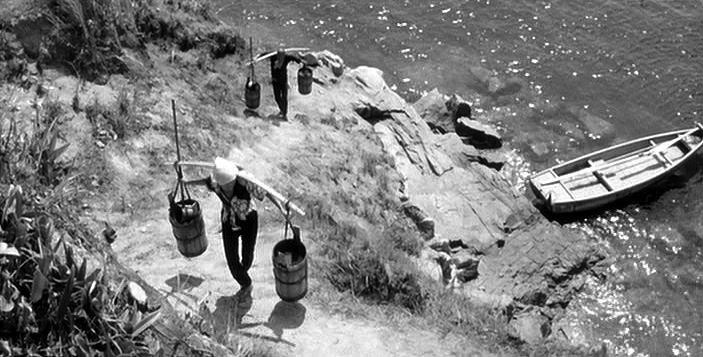
One day, Taro has a high fever. Senta goes to the neighbouring island, and he looks for a doctor.
Commentary
The film was shot on location in the islands in the Seto Inland Sea off the coast of Mihara, Hiroshima Prefecture. The island where the family lives in this film is Sukune-jima, and the neighboring island is Sagishima. Sukune-jima was a nearly uninhabited island at that time. The scene in which the family visits a city was filmed in Onomichi, Hiroshima Prefecture.
All of the actors are the local inhabitants except for Taiji Tonoyama and Nobuko Otowa.
The sound of the film consists only of the incidental music composed by Hikaru Hayashi and natural sounds including voices, and there is no spoken dialogue. The main theme, which is repeated within the film, is impressive.
Though the material and style of this film is similar to Italian neorealism films, such as “La Terra Trema” (1948) directed by Luchino Visconti, and the film includes a documentary-like portrait of life, it emphasizes symbolic expression more than realism. It can be watched as a kind of cinematic poem that deals with the universal and primordial theme of labor and life through the story of a farming family who toils to survive.
The film won the Grand Prix at the 1961 Moscow International Film Festival, and it was screened in over 60 countries.
In Japan, the film was released on DVD by Asmik in 2001.
The US Criterion Collection released the film with English subtitles on DVD and Blu-ray in 2016 (it is available on digital distribution too).
